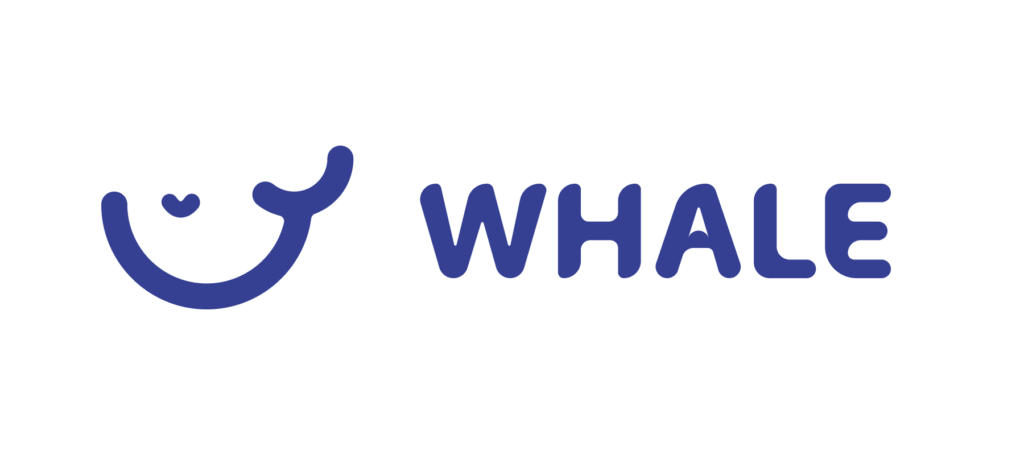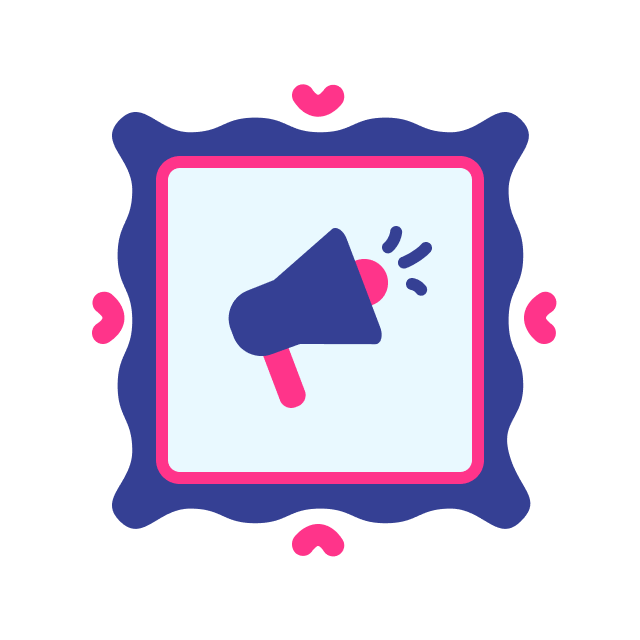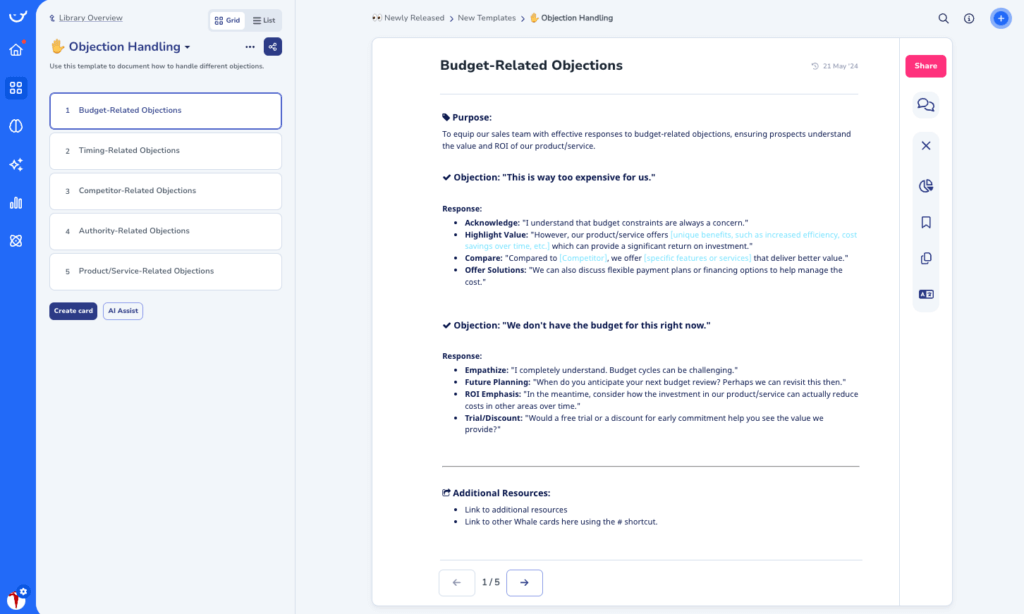
Click image for HQ version
Understanding and effectively managing customer objections is crucial for any sales team aiming to boost their success rates. Download our objection handling template for sales to help you unlock growth in your clients’ businesses and in your own, too!
Objections are an unavoidable part of sales. However, learning to overcome them can boost your agents’ success rate by up to 64%. (Cloudtalk.io)
In this article, we explore what objection handling in sales entails, its importance, the common types of objections you might encounter, techniques to address them effectively, and a handy FAQ section to tackle prevalent concerns.
What is objection handling in sales?
Objection handling refers to the process and techniques used by salespeople to address and overcome potential objections raised by a prospect.
Objection handling is a critical skill that can significantly impact a sales team’s effectiveness. By understanding the types of objections and employing thoughtful, tailored strategies to address them, your team can improve conversion rates and foster long-term customer relationships.
An objection is essentially a prospect’s resistance or hesitation in the sales process. This can stem from various concerns about budget, authority, need, and timing (often abbreviated as BANT). Effective objection handling reassures the prospect, addresses their concerns, and moves them closer to making a purchase.
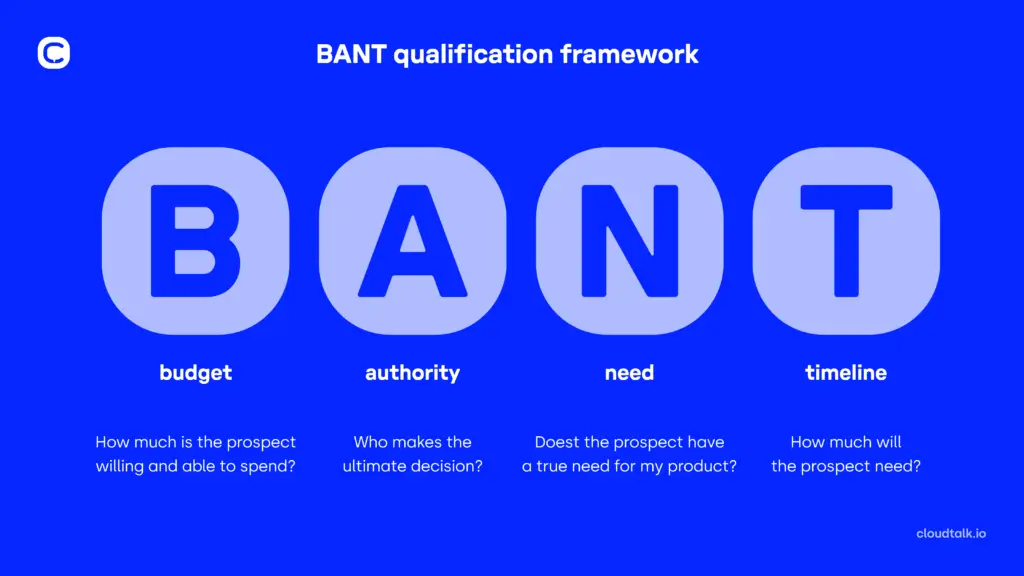
Source: Cloudtalk
What is an objection handling template?
An objection-handling template should be part of every business’ sales SOPs.
This template, together with the sales script template, gives you the steps you need to put together a winning pitch.
If you’re going to successfully overcome BANT objections (budget, authority, need and timing), you’ll want to create a winning approach to objection handling. This template will help you do just that!
Simply open the template in Whale and you’ll have your perfectly written SOP ready to be updated with your own winning pitch.
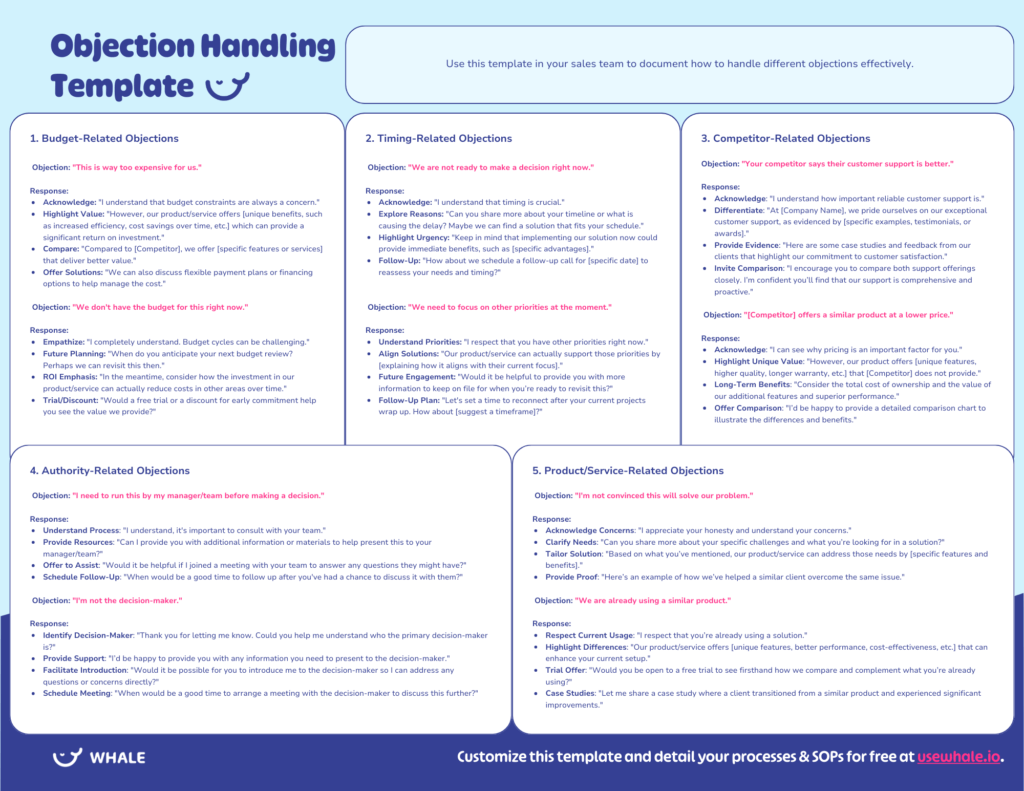
Why your sales team needs to master objection handling?
Objection handling is not just about salvaging a near-lost sale; it is an opportunity to deepen understanding and rapport with a prospect.
According to a study by Gallup, fully engaged customers represent a 23% share of profitability, revenue, and relationship growth compared to the average customer.
Mastering objection handling can turn hesitant prospects into engaged customers by directly addressing their specific concerns, demonstrating empathy, and positioning your product or service as the ideal solution to their problems.
Remember, each objection is an opportunity to clarify your value proposition and deepen customer engagement. Engage with objections openly, address them confidently, and watch as your sales figures and customer satisfaction soar.
The better and more authentic your objection handling skills, the more likely you are to see;
- Happier customers
- Greater rate of closing
- More revenue
Chris Do on overcoming ANY sales objections
Use our templates to fast-track your documentation
Customize this template and 100s of others for free in Whale, the fastest way to get your team aligned.
The 4 common types of sales objections
You’re so close to that “yes” you can almost taste it. And then boom, they drop the most dreaded bomb. “But…actually…”
Objections are the most common roadblock to closing but they needn’t stop you dead in your tracks!
Here are 4 common objections;
Objection 1: Budget or costs
It’s too expensive.
Rebuttal:
Yes, I totally understand that. If you look purely at the investment, it can be hard to justify. Here’s an ROI calculator to help you understand what pay out the investment in [product] will yield.
Objection 2: Needs met
We’re already working with [Vendor X]
Rebuttal:
That’s great, why did you choose [vendor]? What’s working well? What’s not? Allow me to explain how [product] is different.
Objection 3: Time or Timing
We don’t have time needed to implement this solution / It’s just not the right time, contact me in 6 months.
Rebuttal:
What if I told you that you could have everything up and running within 2 weeks or we’ll refund every cent.
Here’s what [product] is likely to yield in terms of time and Dollars saved over just one year. Here’s an example from one of our other clients in your same industry
Objection 4: Authority
I’d need to check with our VP of Operations.
Rebuttal:
Absolutely we understand. How about we set up a meeting for next week. You can let me know what works best for you and I can take you through how to solve [pain point] in your business?
7 Techniques for handling objections
- Listen fully: Allow your prospect to express their concerns without interruption. Understanding the root of their hesitation is the first step toward addressing it effectively.
- Empathize: Acknowledge their concerns and empathize with their position. This builds trust and rapport.
- Ask questions: Probe deeper with questions to fully understand their objection and perhaps uncover underlying issues.
- Refocus: Gently guide the conversation back to the benefits and value of your product or service, specifically how it addresses their concerns.
- Provide evidence: Use data, case studies, testimonials, or demos to substantiate your claims and reassure the prospect.
- Follow up: Sometimes, objections arise from a need for more information or time to think. Following up after giving them some space can be an effective strategy.
- Be authentic! No one loves to be hustled. You probably don’t so why should your clients? Be authentic and get invested in trying the solve their problems. Do that, and the deals will flow by themselves!
The secret success factor in sales objections
Do these sound familiar?
- “Just send me some more information.”
- “I’m not responsible for making these decisions.”
- “We already work with [Competitor Name].”
- “Call me back next quarter.”
- “We don’t have the budget.”
- “Sorry, something came up. I’ll get back to you.”
When someone says “they’re not interested”, often what they mean is…
- “I don’t understand what they do so “I’m not interested.”
- “This person sounds like the other idiot sales rep who will waste my time with a weak sales message so “I’m not interested.”
- “I need this, but I have never heard of this brand so I’m not interested.”
Ultimately sales isn’t about trying to sell someone something they don’t want. It’s about partnering for success and creating greater value for everyone!
Given that your customers are likely to invest a substantial amount in your company and product, they are likely to have objections. It’s all about assuring them that they have the right solution and that they’re in good hands.
You can help customers feel at ease by providing them with;
- Customer Success Story (You can get the template for this on Whale)
- The value proposition that is related to their pain point.
- Reviews and customer testimonials on external sites such as G2 (B2B) or Amazon (B2C).
The more confident you are in the solution you’re selling, the more likely your customers and potential customers are to feel confident.
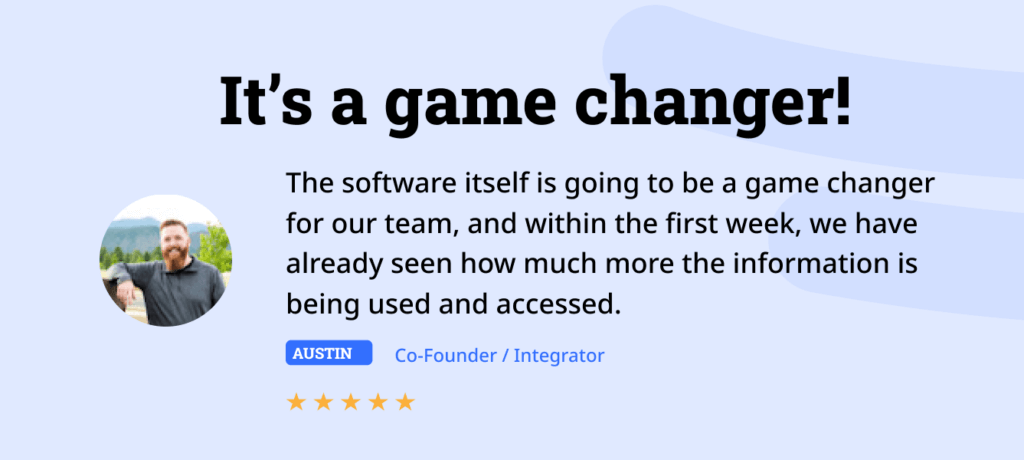
FAQs on sales objections
How can we improve our objection handling skills?
Regular training, role-playing scenarios, and staying updated with product knowledge are crucial. Learning from each interaction and gathering feedback can also enhance your techniques.
What are the 4 P's of objection handling?
4 P’s of objection handling are
- Personalization,
- perceived value,
- performance value,
- and proof
Follow these and your prospective customers will be signing up in no time. Or at the very least you’ll be leaving a positive impact for the future.
What's the biggest mistake in objection handling?
We humans tend to shy away from what we fear. And salespeople tend to fear objections!
BUT
The secret success factor in handling objections is that whoever brings it up first, usually wins!
Address your customer’s potential fears and you’ll reap the rewards!
